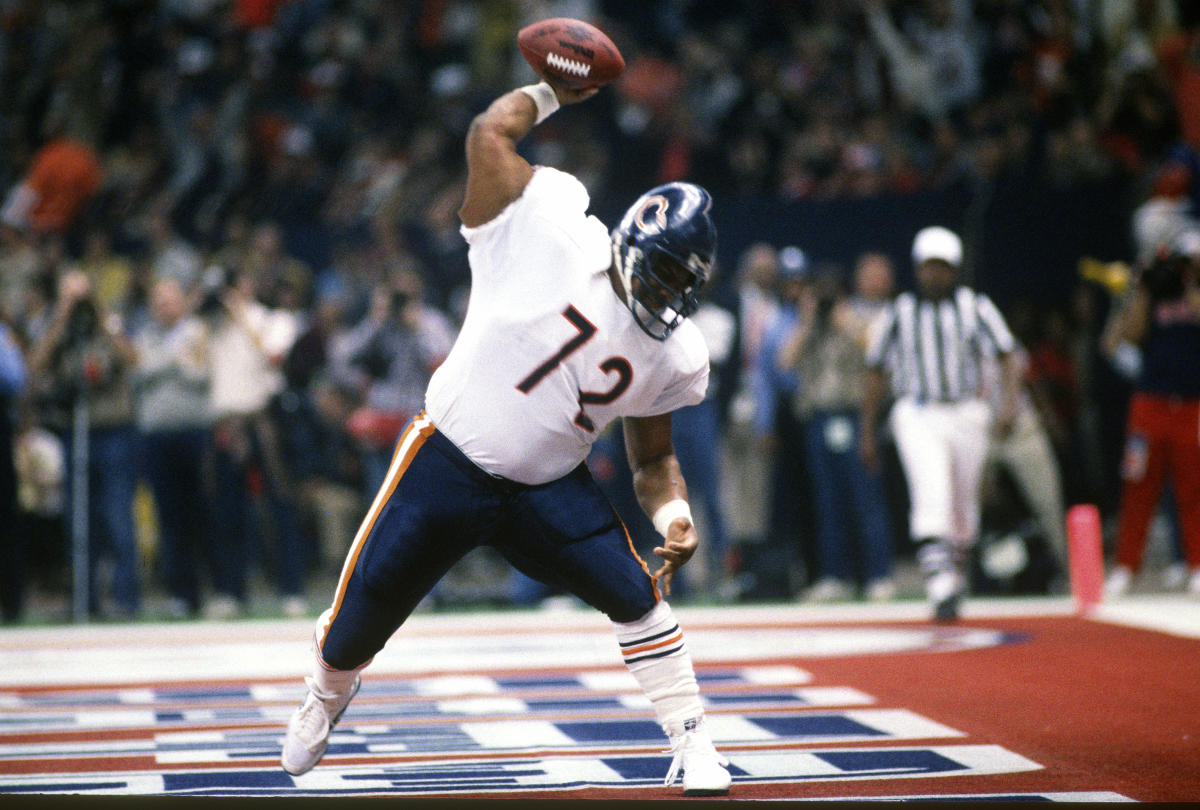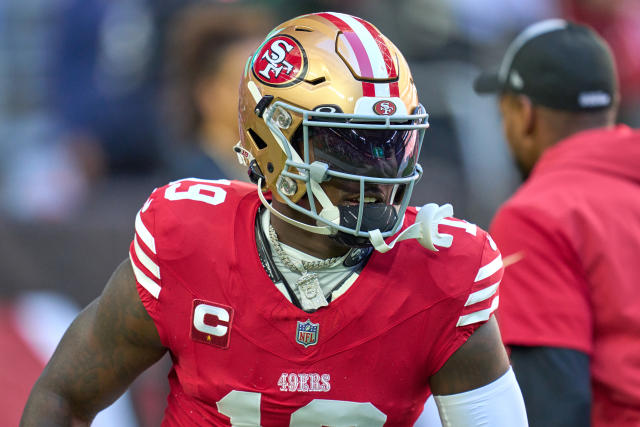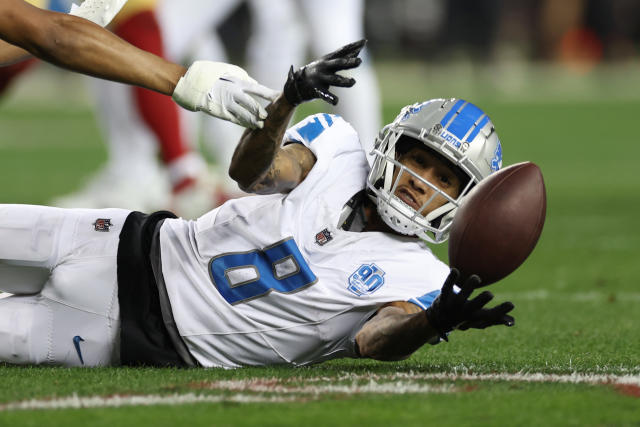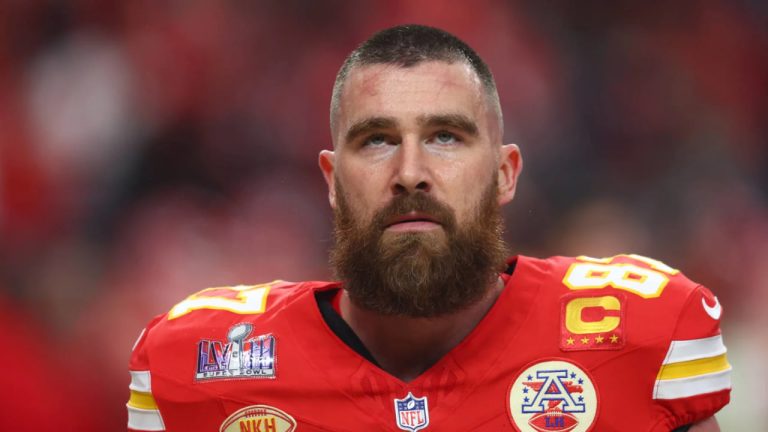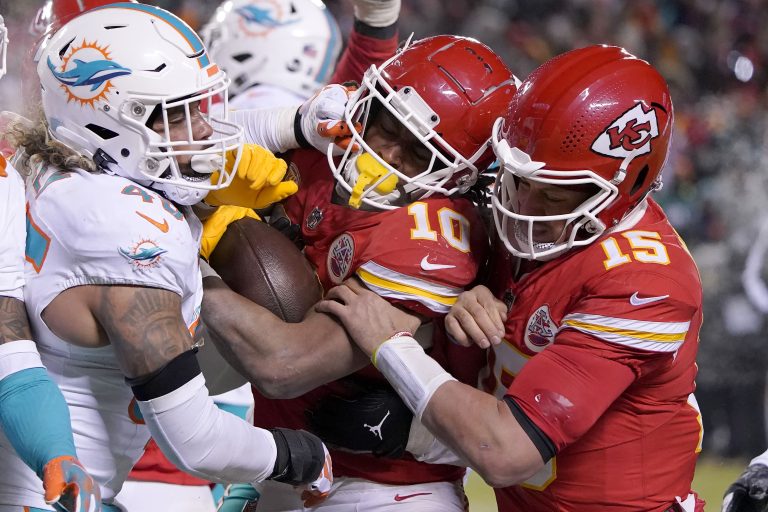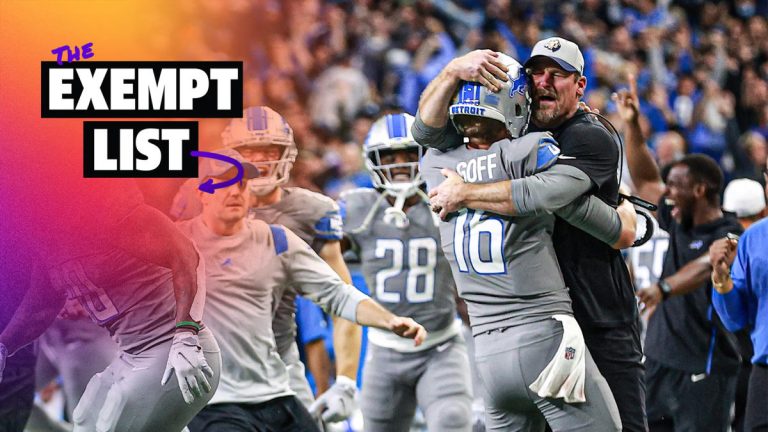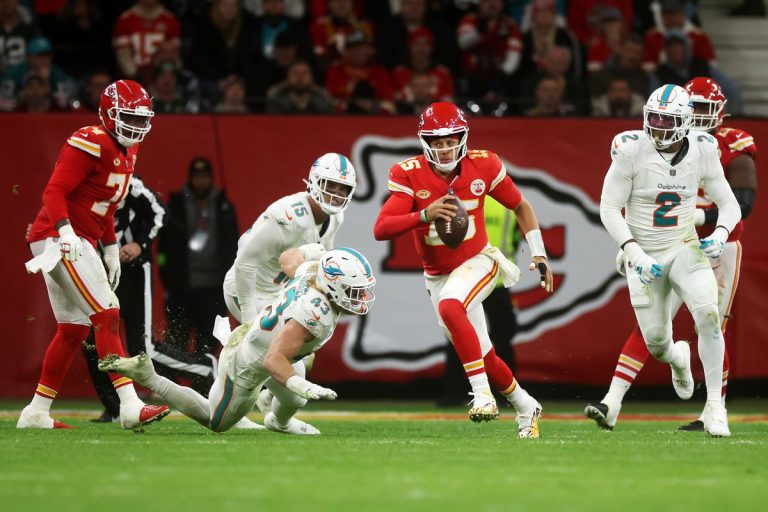The evolution of Super Bowl Betting: from a prop by William Perry to poor performances and Joe Namath’s assurance
The Super Bowl, an annual spectacle that captivates a massive audience, draws fans for various reasons, ranging from the halftime show and commercials to the camaraderie at parties and, of course, the game itself. However, one significant aspect that adds an extra layer of excitement to the Super Bowl experience for many is betting on the big game. As we approach Super Bowl LVIII featuring the clash between the Kansas City Chiefs and the San Francisco 49ers in Las Vegas, it’s fitting to delve into the rich history of Super Bowl betting, a narrative that spans the 57 previous editions of this iconic event.
One could argue that the inception of pivotal moments in sports betting history can be traced back to Super Bowl III. This claim holds weight, surpassing even the controversies surrounding the 1919 Black Sox or the college basketball point-shaving scandal involving City College of New York in the 1950s. The standout event was the New York Jets’ historic triumph in Super Bowl III, marking a watershed moment not only in sports betting but also in the trajectory of the Super Bowl, which has evolved into the pinnacle of the sports betting calendar.
The legendary oddsmaker Jimmy “The Greek” Snyder played a central role in shaping the narrative surrounding Super Bowl III. He boldly declared that the Baltimore Colts were overwhelming 17-point favorites for the game. However, an intriguing twist emerged when Joe Namath, the iconic Jets quarterback, entered the scene. According to Mark Kriegel’s biography “Namath,” Namath possessed insider knowledge of the spread and, with confidence, advised at least one friend to forgo the points. Instead, he suggested taking the moneyline at enticing 7-to-1 odds, firmly believing that the Jets would secure a straight-up victory. In an emphatic statement, Namath declared, “Bet it. Bet the ranch.” The Jets went on to fulfill Namath’s guarantee, securing a 16-7 victory. The colossal spread, which had reached 18 points and even higher in some quarters, etched itself into the annals of the game’s lore.
Fast forward to Super Bowl XIII, a game etched in the memory of seasoned oddsmakers as “Black Sunday.” This clash between the Pittsburgh Steelers and the Dallas Cowboys turned into a nightmare for sportsbooks, an ordeal met with little sympathy. The Steelers initially opened as 2.5-point favorites, a line that swiftly shifted to Steelers -5 due to heavy betting. Consequently, bettors seized the opportunity to back the underdog Cowboys, causing the line to settle at Steelers -3.5. The game culminated in a 35-31 Steelers victory, aligning with the bets on Steelers -2.5 and Cowboys +5. A significant twist in this narrative involved Frank “Lefty” Rosenthal, the inspiration for Robert DeNiro’s character in “Casino,” who implemented a promotion allowing bettors to opt for Cowboys +4.5 and Steelers -3.5. As recounted by the Las Vegas Review-Journal, this promotion proved to be a major setback for the Stardust casino, resulting in losses exceeding $1 million—a rare occurrence in Vegas.
These anecdotes from Super Bowls III and XIII merely scratch the surface of the intricate and fascinating history of Super Bowl betting. The evolution of betting narratives over 57 Super Bowls reflects the dynamic nature of this integral component, intertwining with the broader Super Bowl experience. As we gear up for Super Bowl LVIII, the anticipation for new betting stories and the continuation of this rich tradition adds an extra layer of excitement to an event already steeped in history and spectacle.
Latest American Football League Scores & Updates.
Super Bowl XX:
In Super Bowl XX, a matchup between the Chicago Bears and the New England Patriots, the game lacked significant intrigue, given the Bears’ substantial favoritism with a point spread of Bears -10. Seeking to inject excitement into the event, Art Manteris, the sportsbook manager at Caesars Palace in Las Vegas, devised a groundbreaking proposition bet. This unique wager centered around the prospect of defensive tackle William “The Refrigerator” Perry scoring a touchdown. At a time when prop bets were a rarity, especially in the context of the Super Bowl, Manteris introduced this unconventional element. Although the specific opening odds for Perry’s touchdown are unclear, they are believed to have started around 20-to-1 before adjusting closer to kickoff. The outcome exceeded expectations, with Perry finding the end zone and Caesars Palace incurring losses of approximately $100,000. Despite the financial setback, the introduction of this prop bet marked a pivotal moment, sparking a trend that would evolve into a plethora of prop bets, ranging from serious considerations like Super Bowl MVP and first touchdown scorer to whimsical options such as the color of Gatorade dumped on the winning coach or the outcome of the coin toss. This innovative approach to betting not only transformed the Super Bowl experience but also extended its influence to practically every regular-season game across the four major American sports.
Super Bowl XXIX:
While Super Bowl III may not hold the record for the largest spread in Super Bowl history, that distinction belongs to Super Bowl XXIX at the end of the 1994 season. In this matchup between the San Francisco 49ers and the San Diego Chargers, the 49ers were favored by a staggering 18.5 points. One daring bettor placed a $2.4 million wager on the 49ers to win, surpassing the previous record for the largest Super Bowl bet. Despite the considerable risk, the bettor’s bold move paid off, albeit with a modest $300,000 in winnings due to the overwhelming favoritism of the 49ers. The final score of 49-26 confirmed the 49ers’ victory, cementing this Super Bowl as a significant chapter in betting history.
Super Bowl XLIX:
In a departure from the norm, Super Bowl XLIX closed with a rare pick ’em scenario, where neither team held a clear advantage. The New England Patriots and the Seattle Seahawks faced off with no clear favorite, and the game unfolded as a closely contested battle. With the Seahawks advancing to the 1-yard line in the final minute, the anticipation reached a climax. However, the decision to pass instead of giving the ball to Marshawn Lynch led to one of the most memorable defensive plays in Super Bowl history, courtesy of Malcolm Butler. The dramatic turn of events favored Patriots bettors, securing a thrilling victory in a game that exemplified the unpredictability inherent in the world of sports betting.
Super Bowl 50:
Before 2015, Nevada sportsbooks faced limitations in offering prop bets related to outcomes decided by a vote, such as the Super Bowl MVP. This restriction changed, leading to an immediate setback for the sportsbooks. Von Miller, the Denver Broncos outside linebacker, started with 60-to-1 odds to win Super Bowl MVP. Substantial action on Miller caused the odds to plummet to 15-to-1, resulting in his victory and marking a significant loss for Nevada sportsbooks in their inaugural Super Bowl MVP odds offering.
Super Bowl LI:
Super Bowl LI showcased a stunning turn of events, making it a memorable, albeit painful, experience for Atlanta Falcons fans and bettors. Holding a commanding 28-3 lead against the New England Patriots, the Falcons seemed destined for victory. However, the Patriots mounted a historic comeback, securing a 34-28 win in overtime. Despite being 3-point underdogs, the Falcons’ collapse marked one of the worst beats in Super Bowl betting history. The high total of 57, tying the Super Bowl record, also dealt a tough blow to under bettors as the game went over with the Patriots’ overtime touchdown.
Super Bowl LIV:
Super Bowl LIV introduced an unusual bad beat involving a prop bet on Kansas City Chiefs quarterback Patrick Mahomes’ rushing yards. With a prop line set at 30.5 rushing yards, Mahomes had amassed 44 yards late in the game, seemingly securing an easy win for over bettors. However, in a strange turn of events, Mahomes retreated 15 yards on three kneel-downs while attempting to run out the clock, causing his rushing yardage to drop to 29. This unexpected twist resulted in a devastating beat for those who had wagered on the over for Mahomes’ rushing total.
Super Bowl LVI:
In a Super Bowl characterized by a significant wager, Jim McIngvale, also known as “Mattress Mack,” a Houston furniture store owner, placed a colossal $5 million bet on the Cincinnati Bengals to defeat the Los Angeles Rams. The moneyline bet, set at +170 odds, could have yielded $8.5 million, but the Rams’ victory in the final two minutes cost McIngvale a substantial fortune.
Super Bowl LVII:
The anticipation for Super Bowl LVIII is heightened as it takes place in Arizona, marking the first time the Super Bowl is held in a state with legal sports betting. The American Gaming Association estimates that 50.4 million Americans will engage in betting, contributing to an expected $16 billion in wagers on this Super Bowl. With the event hosted in the gambling capital of the United States and an increasing number of states allowing legal sports betting, Super Bowl LVIII has the potential to set new records.

